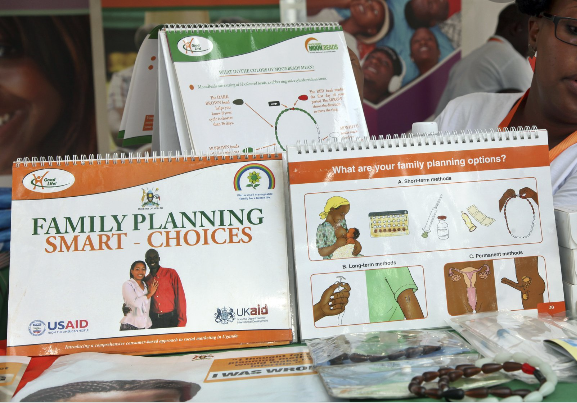The number of women who accepted Family Planning Method in the Asamankese Health Center of the Eastern Region increased from 2,940 in 2019 to 3,346 in 2020, representing 68.6% of total target of 4,876.
The number of continuing acceptors of Family Planning also increased from 924 in 2019 to 1,560 in 2020.
Short-term contraceptive methods include oral contraceptive pills, condoms, and injectables. Long-term contraceptive methods provided include IUDs, female sterilisation, vasectomy, implants, and natural methods.
Unmet need for family planning is high (30%) in Ghana. Reducing unmet need for family planning will reduce the high levels of unintended pregnancies, unsafe abortions, maternal and neonatal morbidity and mortality.
The purpose of this study was to examine factors that are associated with unmet need for family planning to help scale up the uptake of family planning services in Ghana.
This cross sectional descriptive and inferential study involved secondary data analysis of women in the reproductive age (15–49 years) from the Ghana Demographic and Health Survey 2014 data.
Fear of side effect, infrequent sex, age, ethnicity, partner’s education and region were the most highly significant predictors of both limiting and spacing.
Source: Mybrytfmonline.com/Kofi Atakora




















































